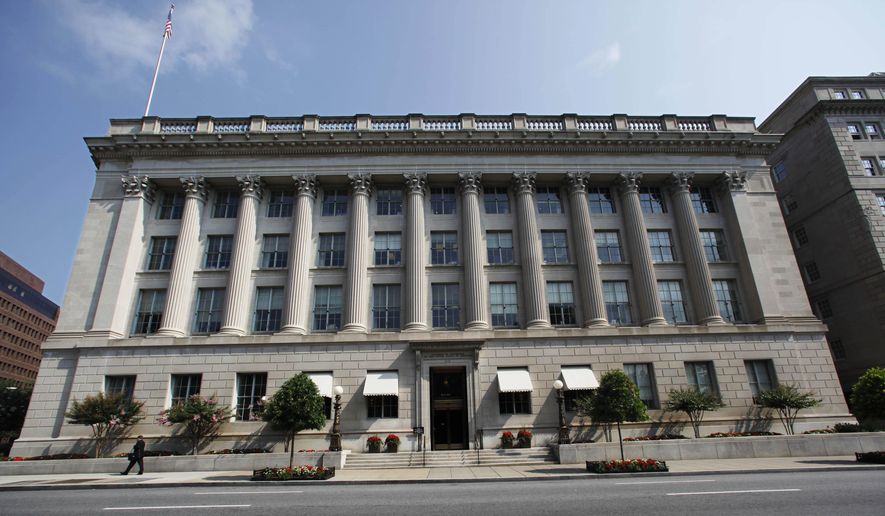The Koch network’s political arm has picked a fight with Big Tech’s conservative critics by suing the Trump administration for access to records about the government crackdown on the tech sector.
Americans for Prosperity Foundation sued the Department of Commerce to force it to hand over any communications mentioning a slew of conservative Big Tech critics, including activists from the Media Research Center and the Internet Accountability Project.
AFPF’s lawsuit aims to reveal who influenced the Trump administration’s moves to strip legal liability protection from internet platforms such as Facebook and Twitter.
Overhauling the legal protection, which is enshrined in Section 230 of the Communications Decency Act, has been a top priority for President Trump.
“This lawsuit is about the public’s right to know the rationale behind Commerce’s efforts to amend Section 230, the bedrock law underpinning the success of the internet in the U.S. for over two decades,” said Jesse Blumenthal, who leads tech and innovation policy at the Stand Together coalition that includes AFPF.
“To make it clear that the lawsuit is not about personal attacks, AFPF has amended the complaint to remove the names of private individuals and groups. This effort is focused on the merits of the policy and preserving the internet as a place to promote free speech.”
The legal maneuver highlights the rift between Trump Republicans and the establishment GOP that the Koch network represents. The two sides are battling over reining in tech giants, which is one of the few major issues with bipartisan support on Capitol Hill.
The Koch network has been staunchly anti-Trump but did not work in opposition to his reelection and is now jockeying for influence in 2021.
Before filing the lawsuit, the libertarian Koch network worked for months to gain access to Trump administration officials’ communications about technology policy. In September, it honed in on two administration officials: Nathan Simington, who was later named to the Federal Communications Commission, and Adam Candeub, a Commerce Department official.
The Koch network sought all communications to and from Mr. Simington and Mr. Candeub that mentioned Section 230 and several Big Tech critics, including the Media Research Center, MRC Vice President Dan Gainor, and the Internet Accountability Project’s Mike Davis and Rachel Bovard.
When the Koch network did not get access to the records it wanted, it sued in federal court this week for records mentioning Mr. Gainor, Mr. Davis, Ms. Bovard and several others.
Mr. Gainor declined to comment on the litigation.
Ms. Bovard, an IAP senior adviser, said she had not seen the complaint but was disappointed in the hostile tactics of AFP.
“This FOIA request is designed to harass members of the Trump administration and conservatives who believe in reform of Section 230,” Ms. Bovard said. “Big Tech tyrants have too much power over free thought and information flow in America. The Trump administration took bold steps to hold these companies accountable to the government subsidy they receive, and AFP is punishing them for it.”
• Ryan Lovelace can be reached at rlovelace@washingtontimes.com.




Please read our comment policy before commenting.